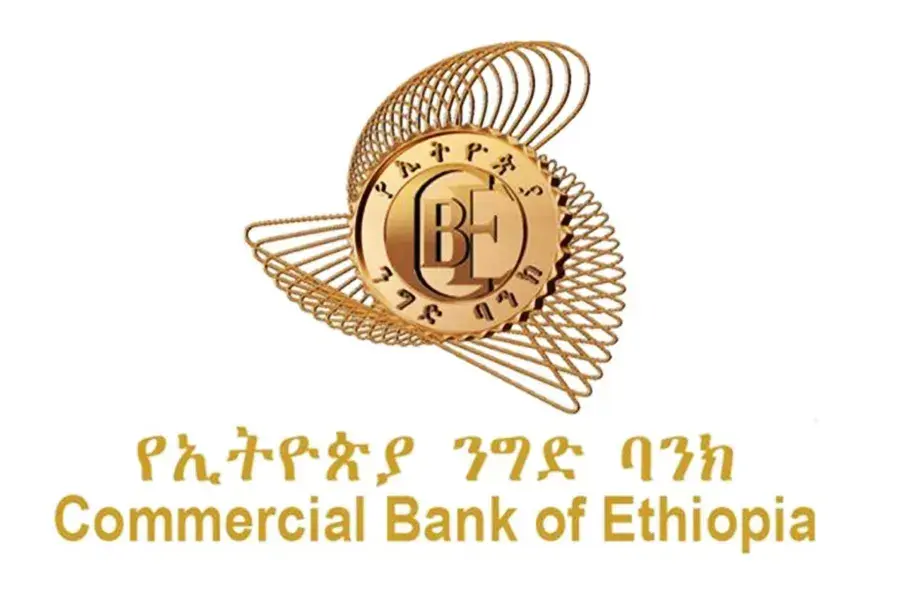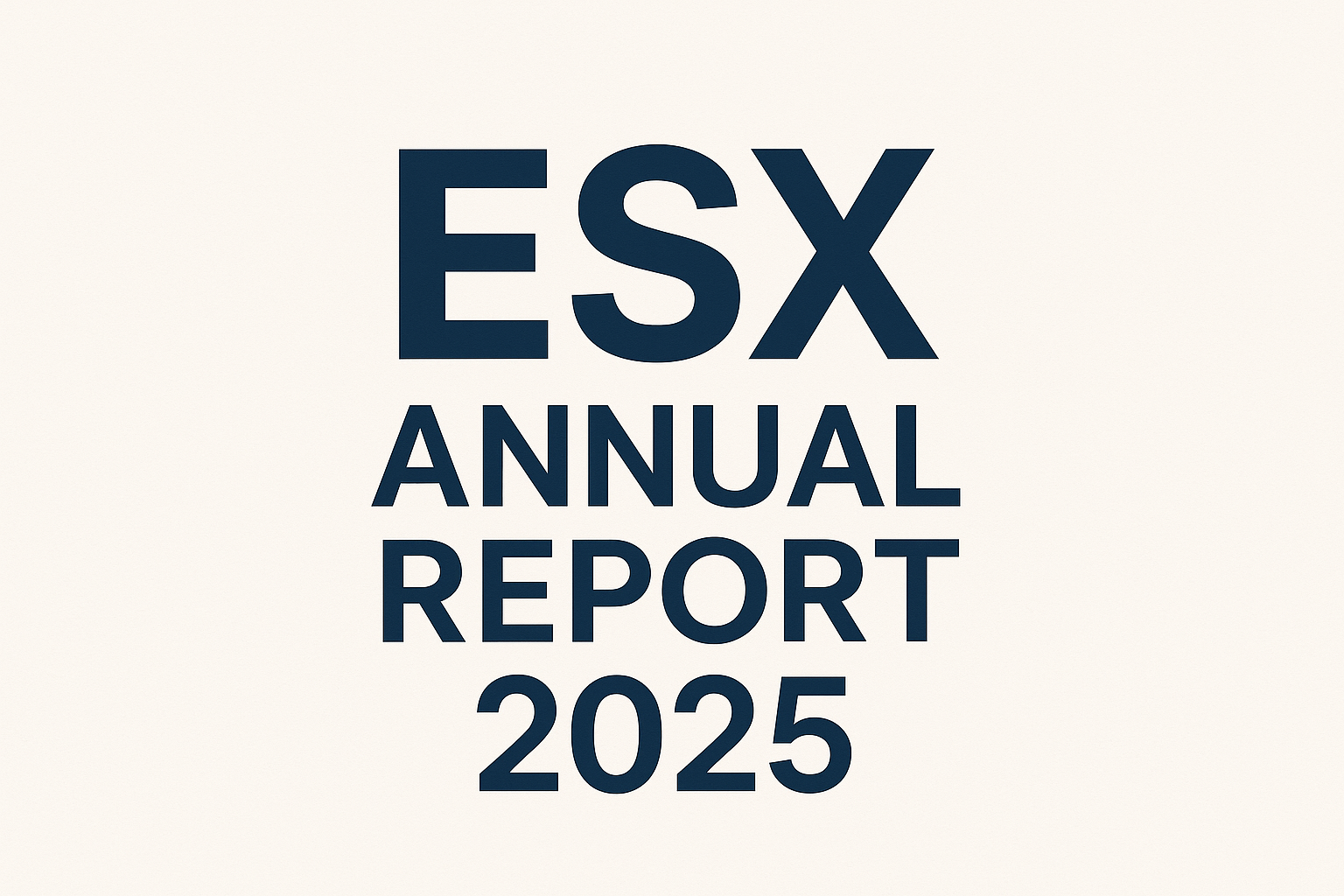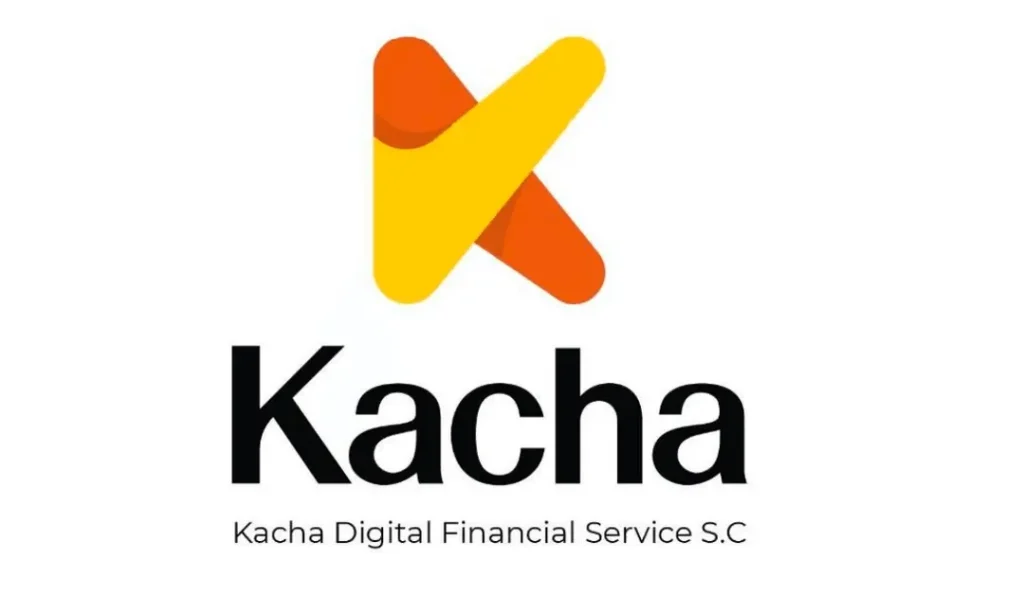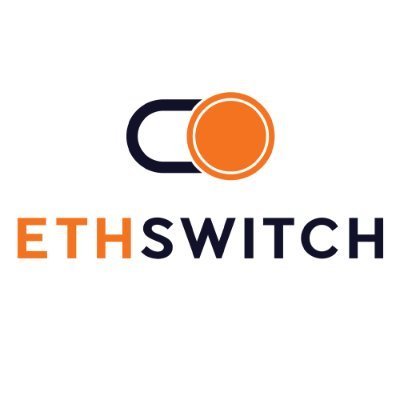A Beginner’s Guide to Trading on CBE Capital: Entering Ethiopia’s Stock Market
Ethiopia’s financial sector is undergoing a historic shift with the launch of the Ethiopian Securities Exchange (ESX)and the introduction of brokerage services by CBE Capital, the investment division of the Commercial Bank of Ethiopia (CBE). For the first time, ordinary Ethiopians can participate in the stock market, unlocking investment opportunities that were once reserved for institutions and high-net-worth individuals.
Understanding CBE Capital
CBE Capital acts as a licensed broker, enabling investors to buy and sell securities on the ESX and over-the-counter (OTC) markets. It offers access to a range of financial instruments, including stocks, government and corporate bonds, mutual funds, ETFs, and Sharia-compliant Sukuks. This expansion marks a significant step in Ethiopia’s economic liberalization, allowing citizens to grow wealth through capital markets rather than relying solely on savings or real estate.
How to Start Trading
To begin investing, the first step is opening a CBE Capital investment account. This can be done by visiting a CBE Capital branch or applying online once digital registration becomes available. Required documents include a valid ID, Tax Identification Number (TIN), and proof of address. After account approval, investors must deposit funds either through a linked CBE bank account or direct transfer before placing their first trade.
Next, investors must decide which securities to purchase. Stocks offer high growth potential but come with higher risk, while government bonds provide stability with fixed returns. Mutual funds and ETFs allow diversification, reducing exposure to any single asset. For those seeking Sharia-compliant investments, Sukuks are an alternative. Once an investment is chosen, orders can be placed online, by phone, or in person, depending on CBE Capital’s available channels.
Understanding the Costs
Trading fees can significantly impact returns, so investors must be aware of all charges. CBE Capital charges a brokerage commission, which varies by asset type. Stock trades on the main market incur a 1.6% fee, while OTC and unlisted stocks cost 2%. Bonds and Sukuks have lower fees at 0.1%.
Additionally, the Ethiopian Securities Exchange (ESX) imposes its own transaction fees 0.36% for stocks and 0.021% for bonds. The Ethiopian Capital Market Authority (ECMA) also collects a small fee (0.15% for equities and 0.005% for bonds). While the Central Securities Depository (CSD) fees are still pending, they will cover the digital safekeeping of securities.
For example, if an investor buys 10,000 ETB worth of stocks, they would pay 211 ETB in combined fees (1.6% to CBE Capital, 0.36% to ESX, and 0.15% to ECMA). This means only 9,789 ETB is actually invested. If the stock gains 12%, the investment grows to 10,965 ETB still a profit, but fees must always be factored in.
Smart Investing Tips
New investors should start small, using their first trades to learn the market’s dynamics. Diversification is key spreading investments across stocks, bonds, and funds reduces risk. It’s also crucial to research companies before buying stocks and to monitor market trends. High-fee investments, such as OTC stocks or mutual funds, should be approached cautiously, as excessive costs can eat into profits.
The Future of Investing in Ethiopia
The launch of ESX and CBE Capital’s services marks a new era for Ethiopia’s economy. As more companies list on the exchange and investor education improves, the stock market could become a major wealth-building tool for Ethiopians. By understanding fees, risks, and strategies, beginners can confidently navigate this emerging financial landscape.
For those ready to start, the next steps are simple: open a CBE Capital account, fund it, and begin investing wisely. With patience and research, the stock market can be a powerful way to secure financial growth in Ethiopia’s evolving economy.







